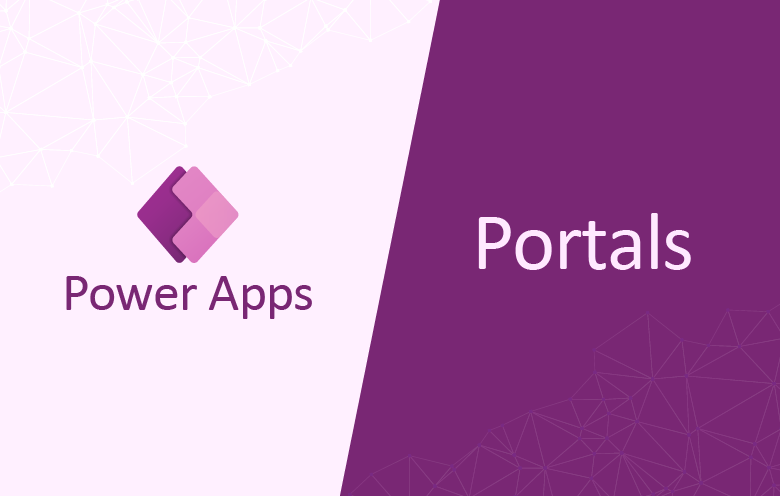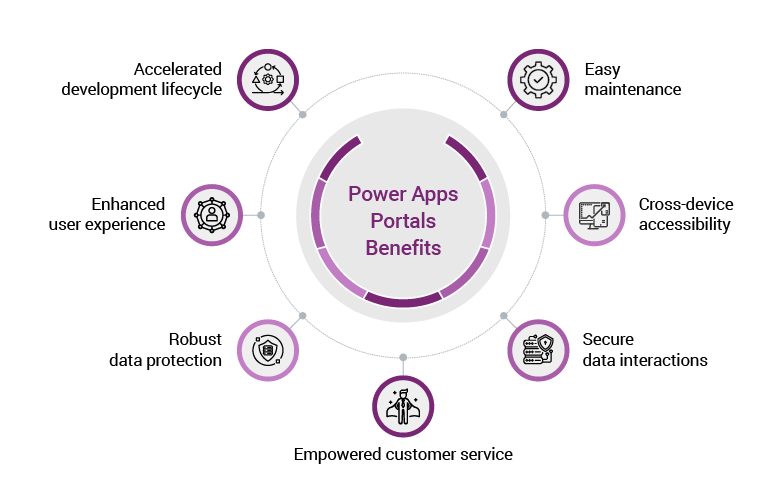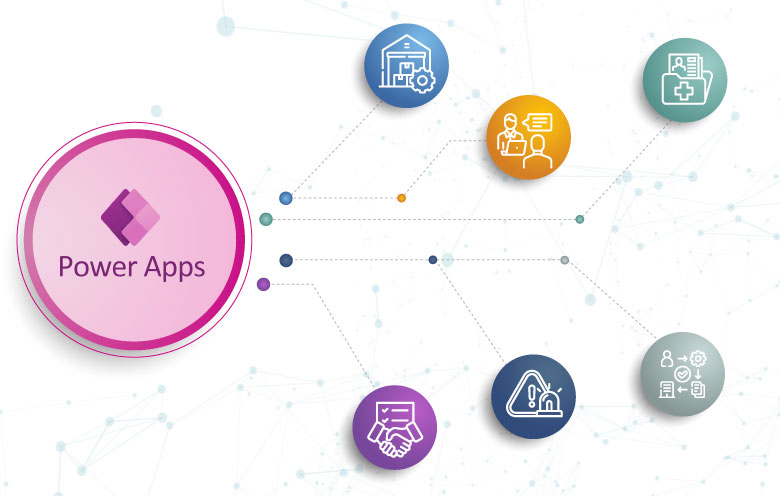
Jul 15, 2024
Businesses are continuously pursuing innovative ways to enhance their online presence and improve user engagement. As customer expectations and technological advancements continue to rise, it’s imperative for companies to stay ahead by leveraging innovative solutions.
Companies must develop websites that offer seamless and secure interactions with external users, provide customizable user experiences, and integrate seamlessly with different data sources for real-time updates. These websites should also empower users with self-service capabilities and facilitate efficient collaboration with stakeholders and suppliers. This is where Power Apps Portals come into the picture. They provide a robust platform to cater to such requirements while ensuring cost-effective development and scalability.
According to a Forrester Total Economic Impact study commissioned by Microsoft Power Platform, using Power Platform helps business with:
- A 140 percent return on investment.
- USD14.25 million in benefits due to streamlined business and development processes, improved business outcomes, and application retirement savings.
- A 45 percent decrease in application development costs.
What is Power Apps Portal?
Power Apps Portal is a robust feature within Microsoft Power Platform that enables organizations to create external-facing websites, allowing users outside their organizations to interact with data stored in the Dataverse. Unlike traditional Power Apps, which are primarily designed for internal users, Power Apps Portals extend the functionality to external users such as customers, partners, and vendors, enabling secure and seamless interactions.
Power Apps Portals enable the creation of low-code, responsive websites that allow external users to interact with data stored in the Common Data Service. With the ability to create a new app type called “Portal” directly within Power Apps, users can leverage a dedicated, user-friendly designer experience to build custom-branded, pixel-perfect websites that facilitate interaction with data kept in Common Data Service.
Organizations can use Power Apps Portals to create websites accessible to external users, either anonymously or through various login providers such as LinkedIn, Microsoft Account, and other commercial providers. Additionally, enterprise login providers can be integrated using industry-standard protocols like SAML2, OpenID Connect, and WS-Fed. These websites can also be designed for employees, who can access them using their corporate Azure Active Directory accounts.
Benefits of Power Apps Portals
- Accelerated development lifecycle: Power Apps Portals can be built within a few days which speeds up the development process.
- Enhanced user experience: The applications created are interactive, smart, and engaging, providing an exceptional user interface and user experience.
- Robust data protection: Power Apps Portals offer secure data from both internal and external threats, supporting commercial authentication methods such as LinkedIn, Microsoft, and other enterprise providers.
- Empowered customer service: These portals allow customers to contact you via self-service portals, enhancing customer support.
- Secure data interactions: Data interactions through Power Apps Portals are safe and can be managed with reliable authentication mechanisms.
- Cross-device accessibility: Users can access Power Apps Portals from any device, including smartphones, tablets, and desktop computers, allowing for anywhere, anytime access.
- Easy maintenance: Internal administrators can easily update information and add new resources, simplifying maintenance.
Power Apps Portal use cases
Customer support:
The Customer Service Portal provides customers with 24/7 self-service access. Customers can log in to create and view cases, both their own and those created by others. Additionally, the portal offers a feature to add knowledge base that serves as a store of useful information for users.
Community portal:
This type of web portal allows system administrators to establish informal, conversational, thread-based communication platforms for specific stakeholder groups. Key features include forums, blogs, idea submissions, and thread management.
Employee self-service portal:
This employee-centric web portal functions much like an intranet. It allows employees, with or without a Microsoft Dynamics 365 license, to browse knowledge-based articles, ask questions, and provide comments or feedback on various topics.
Field services:
Power Apps Portals enable technicians at remote locations to manage work orders, schedules, and customer interactions in real-time, enhancing field services. Customers can request services and track their status through the portal, improving communication and satisfaction. Moreover, technicians can access inventory and knowledge resources, ensuring efficient and well-prepared service delivery.
Top 9 Microsoft Power Apps use cases for 2024 and beyond
These Microsoft Power Apps use cases will help you understand how to revolutionize business operations in 2024. Increase efficiency, productivity, and gain competitive advantage with Power Apps.
How Softweb Solutions can help with Power Apps Portal management
Softweb Solutions offers expertise in leveraging Power Apps Portals to empower businesses with streamlined processes and enhanced customer engagement. Our team excels in customizing and deploying portals tailored to specific organizational needs, ensuring seamless integration with existing systems and robust security measures. From initial consultation to ongoing support, Softweb Solutions provides comprehensive services to optimize your Power Apps Portal management and implementation, driving efficiency and maximizing user satisfaction.
Empower your business with Power Apps Portals
Power Apps Portals open new avenues for businesses to engage with their external stakeholders in a secure and efficient manner. By providing a platform for customized, scalable, and integrated web applications, Power Apps Portals significantly enhance the capabilities of Microsoft Power Platform. Whether you are looking to improve customer engagement, streamline operations, or create dynamic external-facing applications, Power Apps Portals offer a versatile and powerful solution. Contact us to harness the power of Power Apps Portals and take your business interactions to the next level!
AI Workshop
Envision how your AI Journey can be in next 1-3 years from adoption and acceleration perspective.
Enroll NowNeed Help ?
We are here for you

